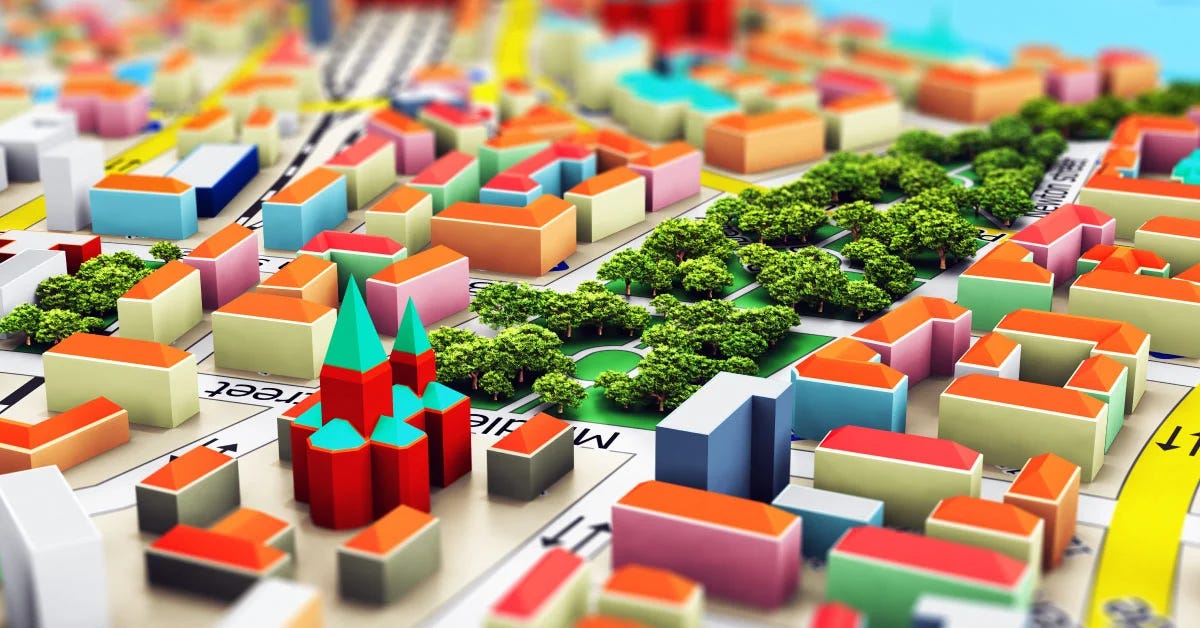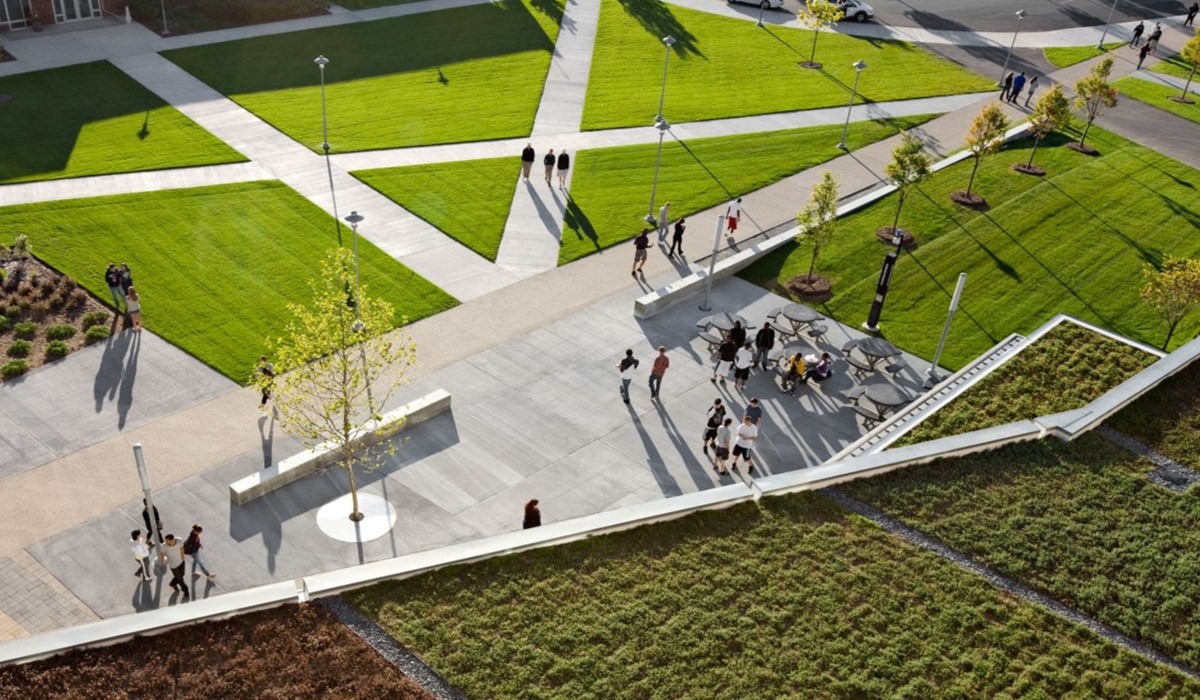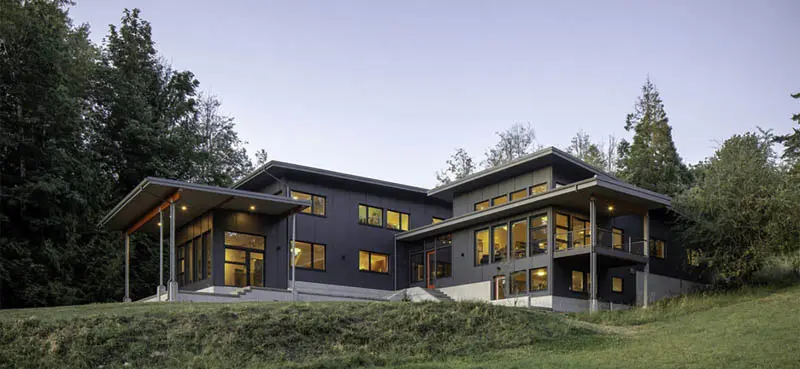What is an Urban Planning and Design Dissertation?
An Urban Planning and Design Dissertation is a long research paper that students write during their final year in a related course. This dissertation explores how cities and communities are planned, designed, and developed. It involves studying how different aspects like housing, transportation, and green spaces can be organized to make a city functional and livable.
In this dissertation, students choose a specific topic within urban planning and design, conduct research, and present their findings, offering new insights into how our cities can be improved.
Why are Urban Planning and Design Dissertation Topics Important?
Choosing the right Urban Planning and Design Dissertation Topics is crucial because it shapes the direction of your research. The topics you pick allow you to dive deep into areas that can make a real difference in how cities grow and evolve.
A well-chosen topic can contribute to solving real-world problems, such as traffic congestion, lack of affordable housing, or environmental sustainability. Additionally, a strong topic not only makes your dissertation interesting to read but also showcases your understanding of the field, which can be important for your future career.
Writing Tips for Urban Planning and Design Dissertation
- Start with a Clear Research Question: Begin by formulating a clear and focused research question. This will guide your entire dissertation and keep you on track.
- Do Thorough Research: Gather information from books, articles, and case studies related to urban planning and design. Make sure your sources are reliable and up to date.
- Create an Outline: Plan your dissertation by outlining the main sections. Include an introduction, literature review, methodology, results, and conclusion.
- Be Specific: Focus on a particular aspect of urban planning and design. Whether it’s sustainable urban development or transportation planning, narrow down your topic to make it manageable.
- Use Simple Language: Write in a way that is easy to understand. Avoid jargon and complex terms to make your dissertation accessible to a wider audience.
- Get Feedback: Share your draft with peers or instructors to get their input. They might offer valuable suggestions to improve your work.
- Revise and Edit: After writing, take the time to revise and edit your dissertation. Check for clarity, grammar, and spelling mistakes.
Urban Planning Dissertation Topics Brief Service
At dissertation-help.co.uk, we offer a comprehensive Dissertation Topics Brief Service to help you select a suitable dissertation topic. Our expert writers can help you generate ideas and outline a detailed topic brief of 500 words. This service ensures that you are headed in the right direction for your dissertation, with a clear and focused topic that meets academic standards.
Paid Topic Consultation Service
You will get the topics first as per the given requirements, and then the brief which includes;
- An explanation why we choose this topic.
- 2-3 research questions.
- Key literature resources identification.
- Suitable methodology with identification of raw sample size, and data collection method
- View a sample of topic consultation service
Download Sample Dissertations Pdf
Before you start working on your own dissertation, it’s helpful to take a look at some sample dissertations. Our collection of sample dissertations covers a wide range of civil law topics and can give you a better understanding of how to structure and write your own dissertation.
You can download free dissertation samples and topic briefs to get an idea of how to approach your topic and craft an engaging dissertation. This can serve as inspiration and guidance throughout your research process.
List of Top 99 Urban Planning and Design Dissertation Topics
Discover engaging Urban Planning and Design dissertation topics on sustainability, smart cities, and modern infrastructure. Find your perfect research idea!
Sustainable and Green Urban Planning
- The Role of Green Spaces in Urban Planning
- Sustainable Urban Transportation Systems
- Urban Heat Island Effect and Mitigation Strategies
- The Role of Green Architecture in Urban Planning
- The Role of Green Roofs in Urban Design
- Urban Planning for a Green Economy
- Planning for Sustainable Urban Growth
- The Role of Urban Planning in Reducing Carbon Emissions
- Planning for Green Transportation in Urban Areas
Smart Cities and Technology in Urban Planning
- Smart Cities: The Future of Urban Planning
- The Role of Technology in Urban Planning
- The Impact of Technology on Urban Design
- The Role of Technology in Shaping Urban Spaces
- Planning for Smart Mobility in Cities
- The Role of Innovation in Urban Planning
- The Role of Innovation in Sustainable Urban Design
Social and Community-Oriented Urban Planning
- The Influence of Urban Design on Social Behavior
- The Impact of Gentrification on Communities
- Public Participation in Urban Planning
- The Role of Public Spaces in Urban Design
- The Role of Art and Culture in Urban Design
- The Influence of Culture on Urban Design
- The Role of Public Art in Urban Design
- The Influence of Culture and Identity on Urban Design
- The Role of Urban Design in Promoting Social Cohesion
- The Impact of Urban Design on Community Engagement
- The Role of Urban Planning in Addressing Social Inequality
Urban Housing and Affordability
- Affordable Housing Solutions in Urban Areas
- Housing Affordability in Major Urban Areas
- The Future of Urban Housing
- The Influence of Demographics on Urban Design
- The Impact of Urban Planning on Land Use
Urban-Infrastructure and Transportation
- Integrating Public Transportation in Urban Design
- Transportation-Oriented Development
- The Role of Transportation in Urban Planning
- The Role of Public Transit in Urban Design
- Planning for Multimodal Transportation Systems
- The Role of Transportation in Reducing Urban Traffic
- Planning for Efficient Public Transportation Systems
Urban Resilience and Disaster Planning
- Planning for Disaster-Resilient Cities
- Urban Planning for Disaster Mitigation
- Planning for Resilient Urban Communities
- The Role of Urban Planning in Disaster Recovery
- Urban Planning for Flood Risk Management
Health, Safety, and Environmental Considerations
- Urban Planning for Healthy Communities
- The Relationship Between Urban Planning and Public Health
- The Impact of Urban Planning on Air Quality
- The Impact of Urban Planning on Noise Pollution
- The Role of Urban Planning in Reducing Crime
- The Impact of Urban Design on Mental Health
- The Role of Urban Planning in Creating Safe Environments
Historical and Cultural Urban Planning
- Historical Preservation in Urban Planning
- The Role of Architecture in Urban Planning
- The Impact of Urbanization on Natural Resources
- Urban Planning for Heritage Conservation
Economic and Policy Aspects of Urban Planning
-
- The Impact of Zoning Laws on City Development
- Evaluating Urban Planning Policies in Major Cities
- The Role of Urban Planning in Economic Development
- The Influence of Globalization on Urban Design
- The Influence of Urban Planning on Local Economies
- The Impact of Urban Planning on Public Services
- The Impact of Economic Policies on Urban Development
Conclusion
Urban planning and design play a crucial role in shaping our cities and communities. By carefully selecting dissertation topics in this field, students can contribute to the creation of better, more livable urban spaces. With the right approach, your dissertation can offer valuable insights and practical solutions to some of the challenges faced by modern cities.
FAQs
What makes a good Urban Planning and Design Dissertation Topic?
- A good topic should be specific, relevant, and address current issues in urban planning. It should allow for in-depth research and contribute new ideas to the field.
How long does it take to complete an Urban Planning and Design Dissertation?
- The time it takes can vary, but most students spend several months on research, writing, and revisions.
Can I focus on a specific city or region in my dissertation?
- Yes, focusing on a specific city or region can provide a more detailed and contextual analysis, making your research more impactful.
What are some common challenges in writing a dissertation on Urban Planning and Design?
- Common challenges include narrowing down the topic, finding reliable sources, and balancing theoretical concepts with practical applications.
List of Related Posts
- Top 99 Modern Architecture Dissertation Topics for 2025
- Top 99+ Interior Architecture Dissertation Topics For 2025
- 99+ Landscape Architecture Dissertation Topics for 2025
- 99+ Top Residential Architecture Dissertation Topics for 2025
- 99+ Top Architectural History Dissertation Topics for 2025
- 99+ Urban Planning and Design Dissertation Topics for 2025
- 99 Top Sustainable Architecture Dissertation Topics for 2025
- 99+ Top Architecture dissertation Topics Ideas in 2025






